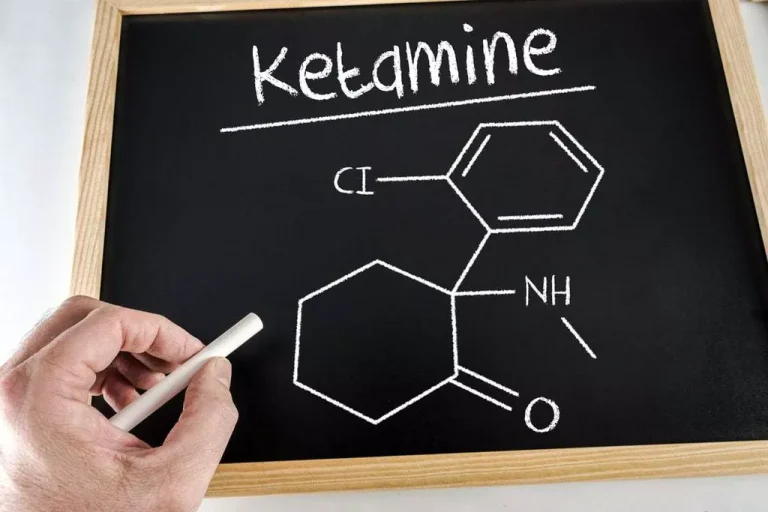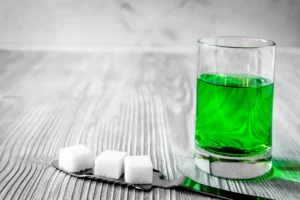
By investing in research and clinical trials, the medical community strives to make significant advancements in the understanding and management of Wernicke-Korsakoff syndrome. These efforts have the potential to enhance the lives of individuals affected by this condition and improve their long-term mush brain outcomes. It is important to note that thiamine supplementation should continue until the patient is no longer at risk, such as as long as they are consuming alcohol. Allergic or anaphylactic reactions to thiamine are rare, and the overall incidence does not warrant significant concern.
Treatment for Alcohol Misuse & Addiction
Usually, this is all that is needed, and no further treatment is required. This condition affects people aged at least 50 – in most cases, doctors don’t know what caused it. Sometimes, it may develop after a stroke, infection, or injury to the brain. Hydrocephalus occurs when too much fluid builds up in the brain; specifically, excess CSF (cerebrospinal fluid) accumulates in the cavities (ventricles) of the brain.
- According to the National Institute on Alcohol Abuse and Alcoholism, 80% of people with alcohol use disorder have a thiamine deficiency.
- A Vitamin B1 injection will help to address symptoms of confusion, delirium, vision problems, and trouble with muscle coordination.
- Importantly, many people with dysesthesia develop anxiety related to this set of symptoms.
- The first step in treating a wet brain is to attend a medical detox program for alcoholism.
Everything You Need to Know about Hydrocephalus (Water on the Brain)
Korsakoff syndrome is a chronic condition that usually develops after an episode of Wernicke’s encephalopathy. In fact, left untreated, an alarming 85 percent of Wernicke’s survivors develop Korsakoff’s syndrome. Recovery is unlikely at this point, and many people with this condition will need round-the-clock care in an institutional setting.
- Wernicke-Korsakoff syndrome is a type of dementia or cognitive impairment caused by a deficiency of thiamine, or vitamin B1.
- Early diagnosis and treatment can reverse some of the symptoms of Wernicke’s encephalopathy, which is the first stage of the condition.
- Immediate treatment with thiamine is crucial, as it can relieve symptoms and help prevent permanent damage to memory and other brain functions [4].
- We can offer guidance and insight into the recovery process, and will work to provide you with clarity into the steps that lay ahead.
Innovative Alcohol Addiction Treatment Approaches
This article breaks down the common causes of numbness and pins-and-needles sensations in the head and face, as well as what you can do to manage them. The main difference between these two symptoms is that dysesthesia doesn’t have to involve pain. Allodynia is when you feel pain from touch-based sensations that shouldn’t hurt. An example of allodynia is feeling pain from the touch of fabric or the spray of water from a showerhead or faucet. Lumbar infusion test – a needle is inserted through the skin of the lower back into the spine.
A wide range of issues can cause you to feel numbness, the sensation of pins and needles, tingling, or a cold feeling in your head and face. Clinically referred to as paresthesia, this condition is a sign of neuropathy, which is damage or dysfunction of the nerves. It is not reversible and affects the part of the brain that processes and stores memories. Very few people with alcohol use disorder eat a healthy, balanced diet. Wernicke-Korsakoff syndrome is a type of dementia that is caused by a thiamine deficiency. While every tissue in your body needs thiamine to function properly, it does not occur naturally.

- Wernicke-Korsakoff syndrome treatments generally involve thiamine replacement therapy alongside the management of alcohol dependence rather than addressing both simultaneously for long-term recovery.
- In a study of Wernicke-Korsakoff Syndrome (WKS), 97 alcoholics whose autopsy confirmed WKS were observed.
- Heavy alcohol consumption (along with poor nutrition) could lead to a thiamine, or Vitamin B1, deficiency.
Additionally, people suffering from alcoholism are less likely to consume well-rounded, healthy diets, which is how you get enough vitamin B1 into your system. It is an essential vitamin that is not produced naturally by your body, so it must be consumed from outside sources. The nature of the paresthesia depends on the nerve or nerves affected, as well as the underlying condition causing the issue. It’s a good idea to keep track of your condition, as this information can help your healthcare provider with diagnosis.

In addition to thiamine supplementation, lifestyle changes and rehabilitation play a significant role in the management of Wernicke-Korsakoff Syndrome. These interventions aim to improve overall health, enhance cognitive function, and minimize the risk of further complications. It’s important to note that the symptoms of Korsakoff psychosis are generally irreversible.

If you have a history of AUD, or currently struggle with AUD, it helps to have your vitamin levels checked. Some might need the care of medical specialists who focus on dementia. A surgeon can perform a procedure called a ventriculostomy as an alternative to shunt insertion.

Symptoms of Wet Brain
Without proper addiction treatment, the disorder will continue to progress causing a worsening of the cognitive, psychological and physical symptoms you experience. In some cases, if proper addiction treatment is not sought and you continue to drink, Wet Brain can be fatal. Wet brain, or Wernicke-Korsakoff syndrome, is a brain disorder that is caused by a severe deficiency in vitamin B1. Navigating the path to recovery from alcohol use disorder (AUD) can often feel daunting, but with Porch Light Health, you’re not alone. Our telehealth addiction treatment services bring comprehensive addiction treatment right to your doorstep, offering a new layer of convenience and accessibility. With over 60 in-person care points across Colorado and New Mexico, we’re breaking down barriers to care, ensuring that anyone in need can access the resources to recover from addiction.
Thiamine, or vitamin B1, is a water-soluble vitamin that is vital to helping to covert glucose into energy. If this process cannot be completed or enough energy can’t be created, the body is unable to properly function and symptoms will start to develop. Hydrocephalus can cause permanent brain damage, so it’s important to recognize the symptoms of this condition and seek medical attention. Heavy drinking not only decreases absorption of thiamine, but can also lead to a poor diet, increasing the chances you’ll develop wet brain. Wet brain is the direct result of a lack of thiamine in the body, making it hard for the brain to process sugar into the energy it requires to function properly.
Leave a Reply